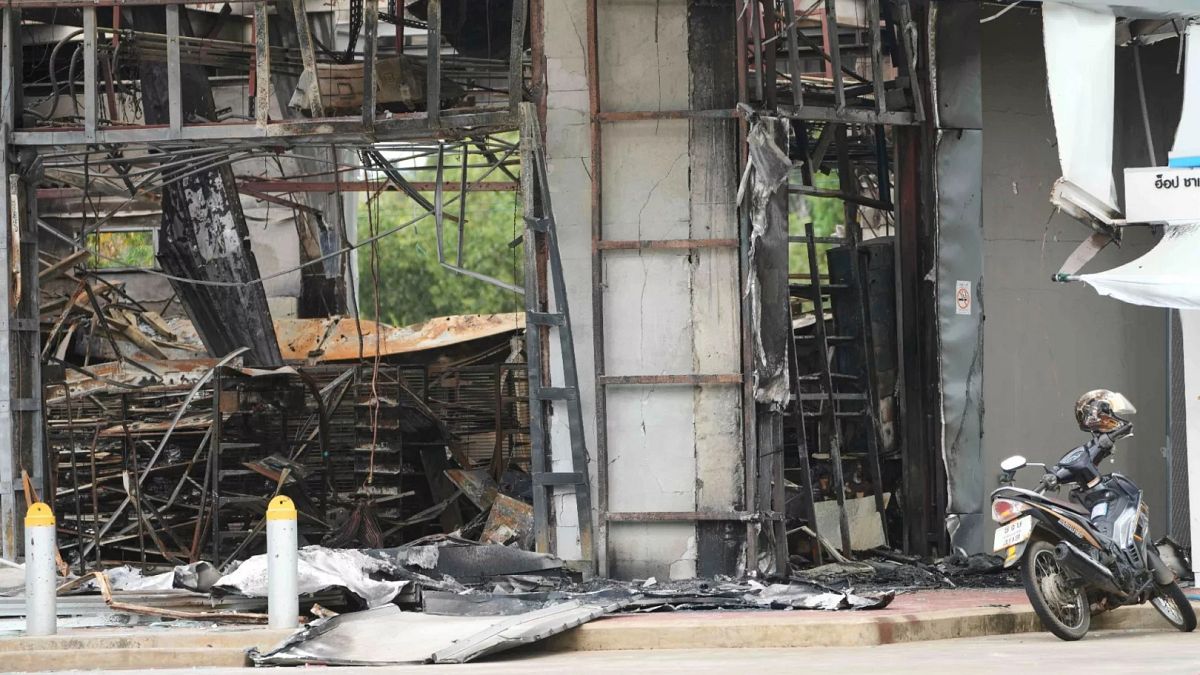

The recent escalation of border tensions between Thailand and Cambodia has drawn considerable international attention, as both nations experience significant challenges along their shared boundary. This situation emanates from renewed clashes that began as a dispute near the sacred Ta Muen Thom temple, which is nestled close to the border between Thailand’s Surin province and Cambodia’s Oddar Meanchey province. These confrontations, which started on a Thursday morning, have now expanded across multiple locations, highlighting the depth of the conflict.
Over the past few days, the intensity of the situation has led to the imposition of martial law in several Thai border districts. This measure comes in response to the persistent exchange of artillery fire between the two sides, which has not only exacerbated the regional tensions but has also compelled the Thai government to take drastic steps to ensure safety. More than 130,000 Thai civilians have been evacuated from the conflict zones, illustrating the severity of the situation and the urgent need for a comprehensive safety protocol.
Thailand’s acting Prime Minister expressed concerns that the current hostilities “could develop into war,” underscoring the gravity with which the Thai leadership views the unfolding events. So far, these clashes have resulted in casualties, with reports indicating at least 16 fatalities over the span of the confrontations, further underscoring the human cost and the urgent need for a peaceful resolution.
Efforts to mediate the conflict have seen limited success, with Thailand rejecting offers from third countries such as the United States, China, and Malaysia. The Thai Foreign Ministry maintains a steadfast stance on resolving the dispute through direct, bilateral dialogue with Cambodia, eschewing external intervention at this stage. Despite this preference for negotiation, tangible progress remains elusive, as both nations navigate the complexities of historical claims and modern-day diplomacy.
Adding to the complexity, the Thai army has taken significant military measures, including the closure of all Cambodian border checkpoints and the deployment of an F-16 fighter jet against Cambodian military targets, a move that Cambodia has yet to officially confirm. These developments highlight the fragile nature of peace in the region and present a critical challenge for both nations as they seek a sustainable path forward.
Amidst this backdrop of regional tensions, another international sphere of interest involves Israel’s ongoing situation with Hamas. In parallel news, Israeli Prime Minister Benjamin Netanyahu stated that Israel is considering alternatives to ceasefire talks with Hamas, following weeks of negotiations in Qatar that have thus far yielded minimal progress. Although these discussions have seen “small signs of progress,” substantial breakthroughs remain out of reach, prompting Israel to explore different avenues.
Both the Thai-Cambodia border dispute and the Israel-Hamas talks underscore the complex nature of modern conflict resolution, where diplomatic efforts often face formidable obstacles. As these situations evolve, the importance of dialogue and international cooperation remains pivotal in crafting peaceful resolutions and ensuring stability in the respective regions.
Amidst the uncertainties and challenges, there remains hope for constructive engagement and eventual peace. The international community continues to monitor these developments, offering support and encouragement for diplomatic efforts that prioritize peace and cooperation over confrontation.
Source: {link}
